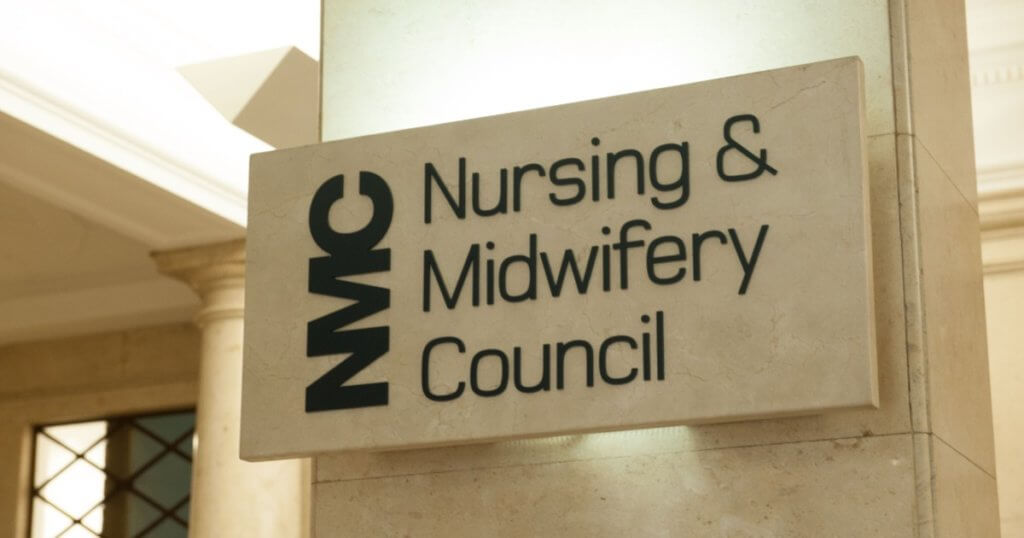The Prime minister, David Cameron has announced that people will now be able to retain more of the money that they earn as he is bringing in tax cuts for those people who are currently on the minimum wage, with tax rises being ruled out for the next five years.
This comes off the back of the Queen’s speech where the five year tax lock will put a stop to increases in income tax, National Insurance and VAT until 2020.
This tax lock was an offering by the conservatives during their election campaign and now they are in power they plan to implement this legislation, putting a ceiling on all current rates and it will come into force for the whole of the UK. To add to this, in July, the Chancellor is expected to announce an increase on the current 40p tax threshold, raising it to £50,000 which will ease the tax pressure on middle class people. They will also bring in their legislation resulting in those people who work 30 hours a week on the minimum wage being exempt from income tax.
The thinking behind this is that Mr Cameron wants his One Nation Government to offer security to all working people, and as part of this there are plans to introduce 2 million new jobs which should mean that there will be a job for everyone who wants one and as part of this they plan to allow those people to keep what they earn, with the minimum wage becoming tax free and this also includes VAT, NI and Income Tax. The whole idea behind this is to get more people working which is the hope of Mr Cameron as he has promised to help people get jobs through training and apprenticeships and the thought of being on a minimum wage and paying no income tax will make it an appealing prospect to many.
This offers those people on the minimum wage and assurance that there will be no increases for the set period of five years but this decision does not come without its critics as they believe that it does put a restriction on the freedom of the chancellor to act should another financial crisis occur.
However, this does mean that the Government could raises taxes elsewhere but in the main the Full Employment and Welfare bill will aim to give young people a helping hand into the world of work rather than look at a life on benefits. The introduction of no income tax for those on minimum wage will be backed by the benefit cap limit which has been set at £23,000 with working age benefits, tax credits and child benefit being frozen for two years. If ever there was a time to actively seek work then now is the time.
In the main this move to cut income tax could come with its initial pitfalls but this could work because the UK has been struggling for some time to get people back into work, simply because a life on benefits was a simple solution.
Claim your tax back
If you earned less than the personal allowance (£10,000 in 2014/15) and still paid tax, you may be able to claim a tax rebate. You may also be able to claim additional tax reliefs depending on your occupation. To start your free review, head over to our tax refund calculator to see if you are eligible.


